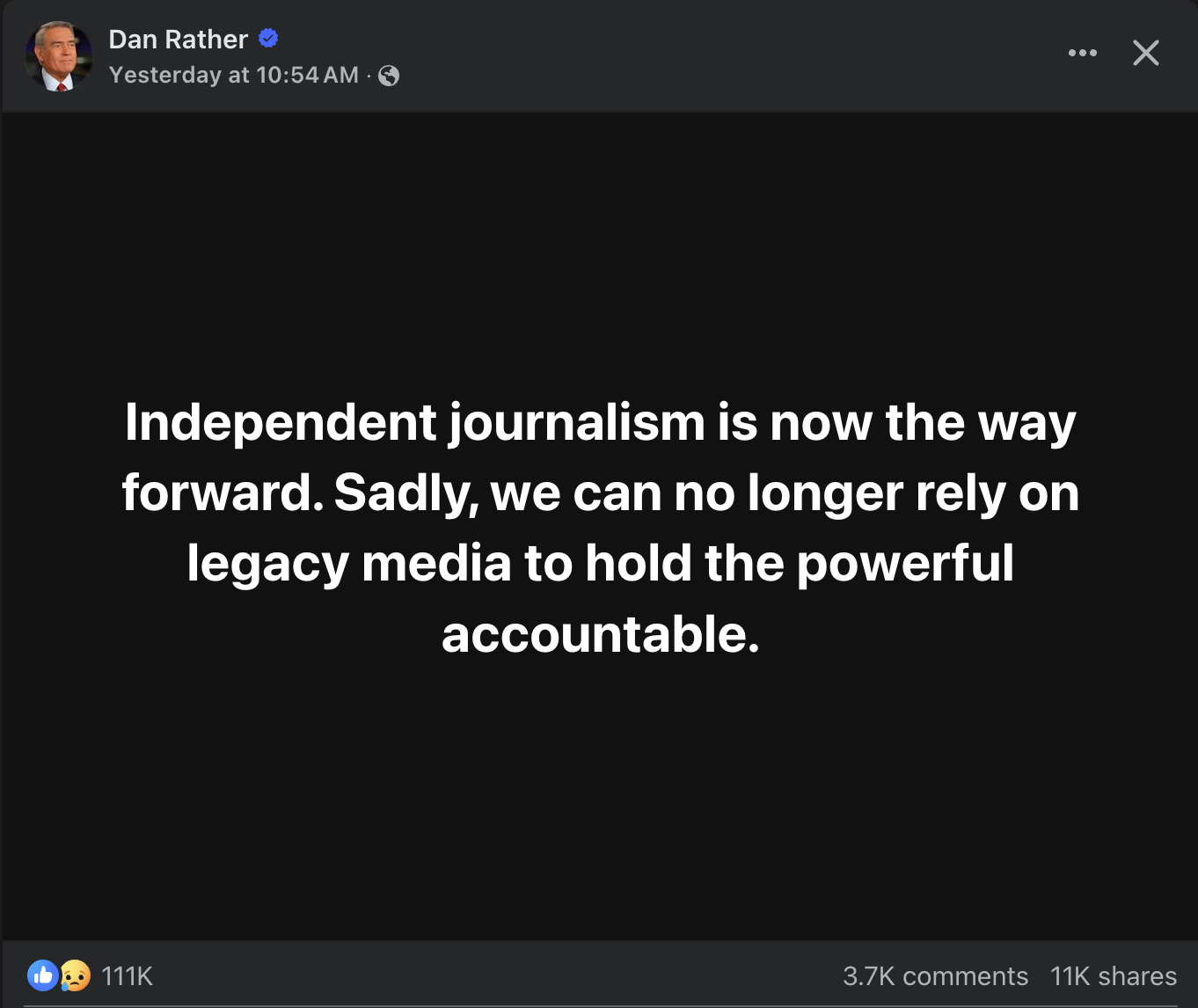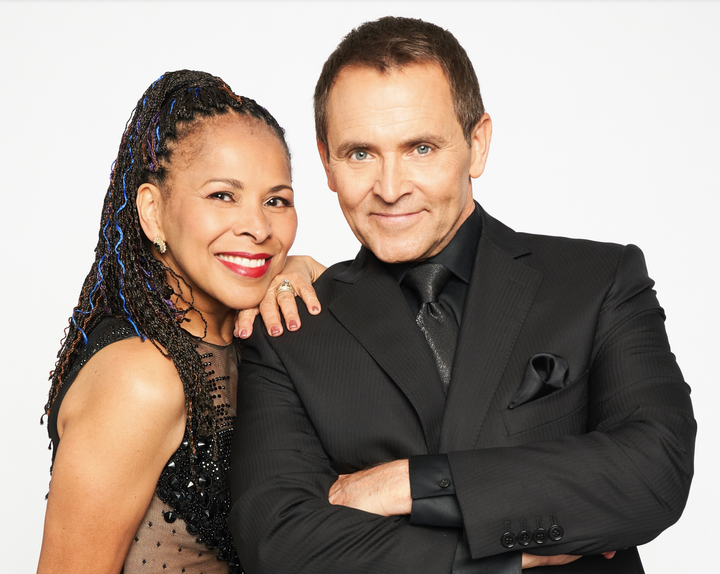I'm over TV, streaming services, movie stars, super heroes, news entertainment, Facebook and the dead bird site. So what now? How do we find new, quality content?
I don't watch TV anymore. You probably don't either.
When I was a kid in the 1970s, TV was everything. I grew up watching The Brady Bunch and The Partridge Family. Eating Quisp cerial while watching Saturday morning cartoons was a sacred ritual. In my teens I’d eagerly flip through the TV Guide each fall, anticipating the new season of shows. Walter Cronkite, "the most trusted man in America," delivered the evening news, and families across the country tuned in to watch the same shows. Television of that time wasn’t just entertainment, it was a shared cultural experience.
My love for TV led me to Los Angeles, where I found a place in the film and television industry, first as a talent agent and later in TV production. I had a front-row seat to the start of Golden Girls and worked on the first season of Seinfeld. It was an exciting time. I felt like Los Angeles was at the center of something big, something important.
But over time, TV's grasp on American culture began to splinter. First, cable TV arrived, followed by HBO, and then we were hit with a deluge of bundled channel packages that few people actually wanted. In time streaming services took over, and the once-mighty cultural institution of TV unravelled.
Today, with a smartphone in every hand and laptops and tablets on every table, the way we consume entertainment and media has shifted dramatically. According to recent data, more than 80% of American households subscribe to at least one streaming service, with the average household subscribing to four. YouTube has over 2 billion active users, Netflix has around 200 million, and Disney+ has about 100 million subscribers. These streaming giants have transformed the entertainment landscape, and yet, despite of having more programming options than ever before it feels like we’ve lost something along the way.
Television was the cultural touchstone for generations, but now it feels like it's been replaced by an overwhelming flood of content that’s often more about quantity than quality. Social media and short-form platforms like TikTok and YouTube Shorts have fundamentally shifted the way we consume media. The average American now spends around 2.5 hours a day on social media, and much of this time is spent scrolling through quick, bite-sized content. Traditional sitcoms, dramas, and movies have been pushed aside in favor of rapid-fire entertainment designed for the shortest attention spans. It’s an endless loop, driven by algorithms that seem to know us better than we know ourselves, feeding us content based on our preferences until we forget what we used to like in the first place.
I haven’t watched traditional TV in years. Hollywood is dead. It was killed by Netflix in the same way that small businesses in America were killed by Walmart. Netflix may be producing some high-quality work but I don't find it easy to access and watch. I do try to watch when a really good series comes up, but that doesn't happen much. The rest of the offerings look like a heap of poorly executed content for the sake of content. Quantity over quality with little soul.
What fills the void left by traditional media?
Today I find myself more interested in following individual creators. These days, I’d rather follow a guy renovating an old chateau on YouTube than sit through another superhero blockbuster. I am interested in consuming media that feels human, real, and far removed from the noise machine of cable TV.
I am encouraged by creators like Midas Touch who produce actual journalism. that is much more trustworthy than anything offered by cable new networks, newspapers or social media sites owned by billionaires who have demonstrated that they will sacrifice truth for their own political and financial benefit. Unbound by corporate interests, these creators offer a refreshing alternative to the glossy, manufactured narratives churned out by large media outlets.
Article update: January 31, 2025: Even Dan Rather agrees, independent journalism is now the way forward. Sadly, we can no longer rely on legacy media to hold the powerful accountable.

I am hopeful that individual creators can find a way to grow audiences within our new ecosystem. Unfortunately the large social media sites seem to intent on diminishing the relationship between creators and their viewers. They're intent on making their proprietary algorithms the center of the experience rather than individual creators. I despise TicTok because it severs the relationship between creators and their audience entirely. There are times when its nice to discover new content by allowing a machine to suggest media I might like, but for the most part I want to choose whose content that I see. The idea of ceding my media consumption to a corporate entity belongs only in dystopian science fiction.
It’s no longer just a case of TV changing; we’ve changed too. It’s not just a loss of shared culture, it’s a fragmentation of our collective experience. We’re consuming content tailored specifically to us, thanks to algorithms, but in doing so, we’re becoming more isolated. Instead of watching the same show with the same group of people, we’re scattered across countless screens, each of us in our own echo chamber, reinforced by the very technology that promised to bring us closer together.
I'm not sure how or media landscape will shift in the coming years, but I am interested in seeking out and sharing quality content and cultural activities. That is the reason I am creating Musefeed. Over time I hope it can develop into a portal where people can share and discover media, activities and creators that truly inspire us. Even better, perhaps we can inspire each other to explore the real world again. I hope you join me.




Comments ()